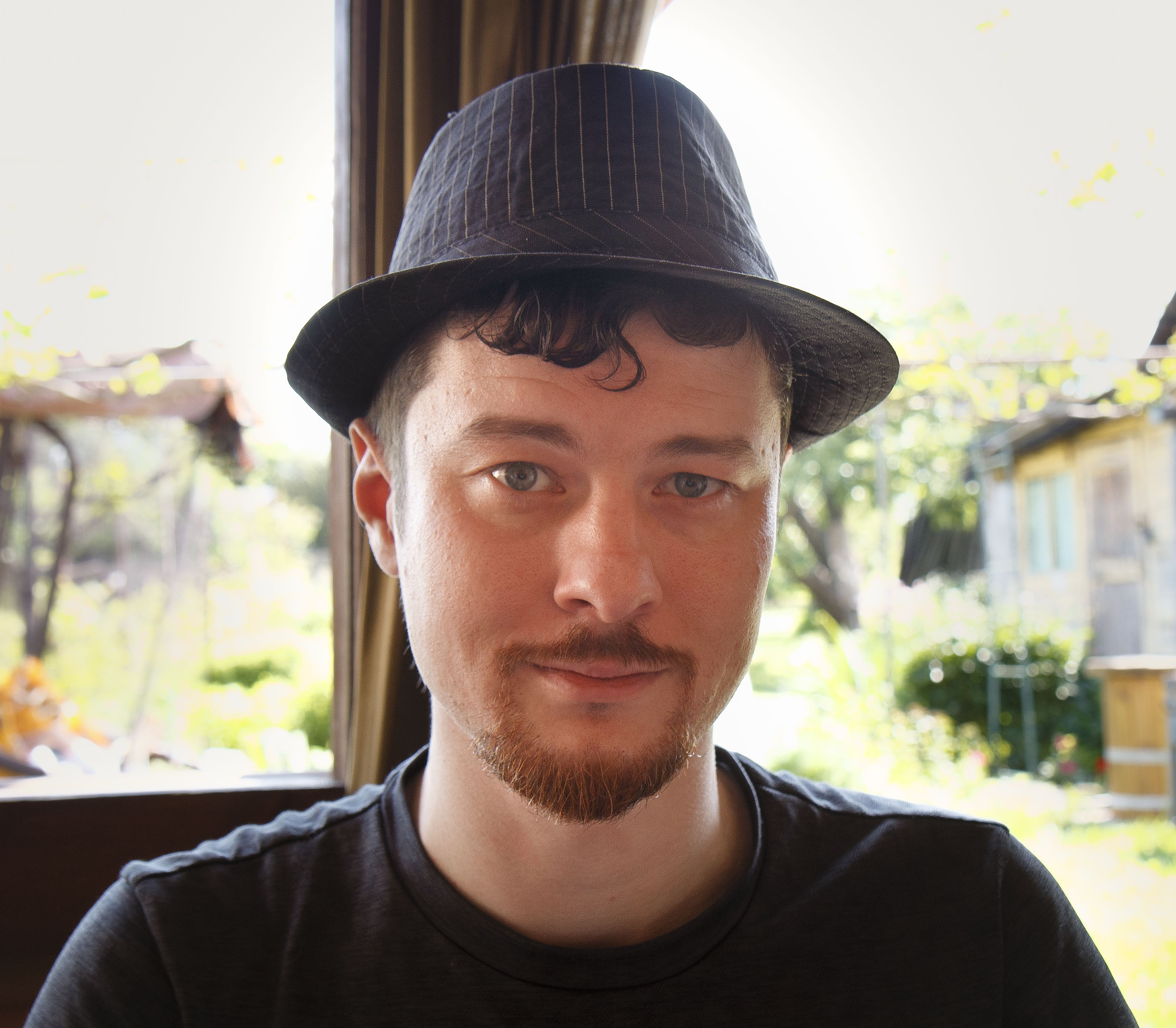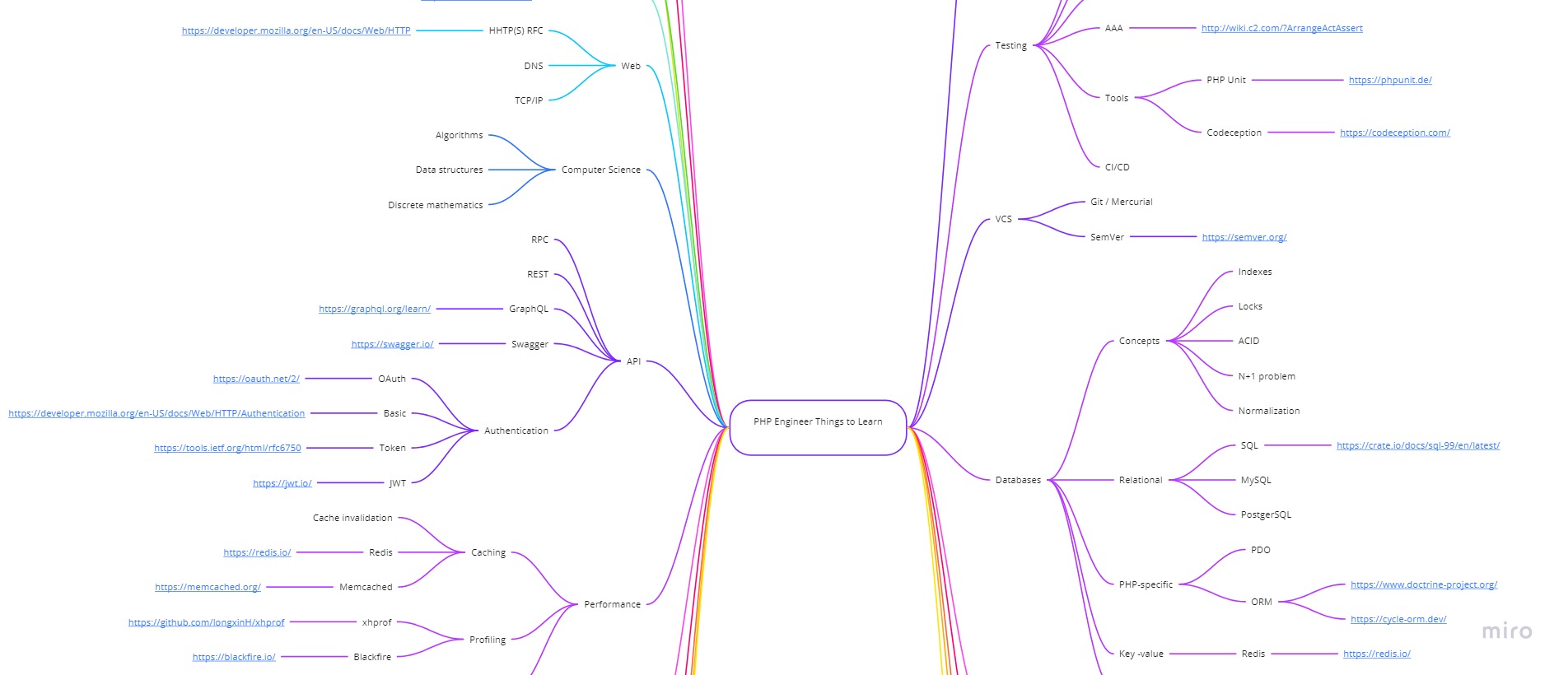Alexander Makarov will talk about upcoming activities at the conference, about some interactions and other nuances. Alexander is an expert in PHP, a leader of the Yii framework, a co-author of Yii 2, and a Yii representative at PHP-FIG. In addition to developing the framework, he managed to work in various companies such as Skyeng, Wrike and Stay.com and tried out whole generations of different technologies in battle.
We asked Alexander as the head of the PHP Russia 2020 Programming Committee about all the activities and interests of the meeting.

Sasha, what awaits us at this year's first offline conference?
There will be many interesting reports.
This year we have collected exclusively Russian-language reports, since now it is impossible to bring English-speaking speakers. At the same time, we do not want to make compromises (for example, by organizing their online performance), but we want to hold a more "tube" conference, since finally it is offline, and everyone missed the live communication very much.
We have selected reports in which we will reveal different ways to write code: microservices, parallel processing, long-lived processes. Let's show you how else you can use PHP, and what you shouldn't mess with, and we'll figure out how to best formulate solutions to common practical problems. Let's talk about how to organize systematic work with legacy and deal with technical debt. Let's show how legacy projects continue to evolve without radically rewriting the code.
The topic of security in applications will also be well covered. A very concise and rich web security master class and a report are planned, which will deal with quite interesting attack techniques, as well as how to defend against all this.
Naturally, there will be information about PHP 8, and we will touch on an interesting topic: it is not exactly PHP, but about writing plugins for our favorite IDE - PhpStorm.
As in previous times, such leaders in PHP development as BADOO, Skyeng, ManyChat, Onliner, Lamoda, SpiralScout, Avito and SuperJob are well represented. They work not only in PHP, but PHP is the most important thing in their stack. Not all will necessarily give presentations, but representatives of these companies will be all.
And of course, all sorts of interesting libraries, practices, approaches will be presented - and approaches to testing, and interesting approaches to development, and the experience of large companies that can be adopted. The schedule is not yet fully formed, but there is already a preliminary grid. Most likely, there will be more reports, more and more interesting.
What's unusual this time around?
There will be an unusual format with Dmitry Stogov from the PHP team. He did JIT PHP.
Dmitry does not come with a report, but to communicate in a free form with the community. There will be a chance to ask him any questions - not only about PHP 8 (and about PHP in general), but also about the rest of the development, and even what he does in his free time. Dmitry has an inexhaustible set of topics for conversation, it is very interesting with him, and we will moderate this Q&A session.
Back in the last 2019 offline, we tried such a wonderful format as Unconference - where everyone could come and tell about what they are doing in a blitz format. It then went cool, because there were such completely unexpected stories, from which later came the opensourse-libraries, and all sorts of cool things. At online meetups, at which we now sometimes meet, everyone still fondly recalls this meeting. We decided that if so, then this format should not be abandoned, it is cool. And we will repeat it this year.
So this year the emphasis will be on communication that everyone missed so much?
Yes. We decided to make the reports a little more discharged, and the breaks - more. It will also be safer in terms of viruses. Of course, by all today's standards, we will secure the site to the maximum, and it will be much safer than riding the subway - due to disinfection, due to airing, measuring the temperature at the entrance, sanitizers. The speaker will hardly be wearing a mask - he costs more than one and a half meters from the first row, but for the rest masks will be required.
What will happen to the conference and tickets if quarantine is introduced and we are all forced to stay at home?
Now we proceed from the assumption that the coronavirus is with us for a long time, we take the utmost precautions and still meet, because we need to live somehow, we need to receive new information, and we are ready to give it, even despite such circumstances.
But if the second wave will cover us completely, and all-all-all events are banned, it is still worth buying tickets for the conference.
Why?
Because even if all conferences are closed, we have a plan B. The ticket does not go anywhere, does not expire, it can be used next time or at a rescheduled conference. That is, the date will simply shift, we have agreements on this with the site and all the contractors.
That is, if nothing happens, PHP conferences will not go online?
Yes. Last time she was online, it was strong, cool, but it showed that online is a different medium, a completely different thing. The cool thing is that you can still listen to speakers without bringing speakers from very distant corners. And it was simple and wonderful that in terms of overlays, neither we nor they lost anything.
But the online format is much more complicated in the sense that everything turns out unstable - connections can break, something else can happen, you need to take care that everyone has good sound, so that the cameras are normal, etc. It's technically very difficult. Plus, it turns out that people from different time zones broadcast, and for some it is already night at this time. It would be bad without online at all in a covid period, but too much online is also annoying, and you still want to chat live.
At a regular conference, reports are needed not only to listen to them. They are great, they have information that you take out for yourself and projects. But the main goal of the conference is to set a topic and exchange experiences. It happens that, having personally talked with other participants, you get a lot of charge for the future, and cool information, and possibly even a solution to your current problems, as well as ideas and directions. We get no less from conversations outside the lectures than from the speech itself.
Online all this is not, and this is a great loss. That is, returning to the question, even if the conference closes now due to a virus, it will not be canceled, but simply postponed to a later time. And the tickets don't expire
Are there many people wishing to perform this year? Are the speakers missing the offline format?
Yes, despite all the obstacles, there was a lot of competition for an offline meeting. I even had to reject really very good reports, because they overlapped with those that fit the topic more. In general, we can hack even an interesting report if the speaker does not say anything about the applicability of the topic in practice - this is a mandatory element.
Please open the process that begins after choosing a report.
I open it. After submission, each report is assigned to someone from the PC. After that, we look at the draft report, even without the slides in the first stage. And we will definitely validate the initial version of the report: what thoughts would you like to tell, etc.
That is, we discuss with the entire program committee and together we make a decision whether to take this direction or not, whether it will go in or not, what is better to focus on, and what is not worth it, etc. By and large, it depends on whether the topic is familiar to everyone or whether this topic is still unknown to many. This is how we give the speaker a path where to dig.
Then the speaker makes draft slides, we also validate them. And let's move on to the runs, there are usually several of them. We call and listen to the speaker - does he fit in time, does he speak well and smoothly, is everything on the slides correct, has he forgotten something of the super important information (his company, about what projects they are doing there, something else- then).
Due to the runs and cool expertise at the PC (they are all very experienced speakers who spoke in Europe as well), we get very high-quality reports at the output, and we try not to lower the bar.
Is there a chance that a not-so-well-known and not-so-experienced developer will find a theme that will follow in the same way as from more experienced colleagues?
Yes. Let me give you an example.
This year we asked the regional PHP communities if they want to speak and if they have anything for meetups (so that they can get in touch with them from the conference and listen to what they are doing there - in companies, projects, and so on). They started sending in, and we looked at two things: is the information good enough for talks in principle, and is it cool enough for the conference.
And there are results. We called them for 2-3 weeks, listened to everyone, and there are really cool and strong guys. Many topics this year will not fit because they are already closed either by the authors of the instruments themselves or by someone super-experienced. But in general, everything is very worthy - we will include some in the main program.
When we fit into the work with them, we did not hope that someone would get to the conference right away. There is usually little to eat without preparation, but we were pleasantly surprised that the submissions took place. And even if someone did not go, he now knows the global direction, and this is good for sharing information and activities in communities. Communities will grow, evolve, take PHP forward and come with awesome new stories.
I take this opportunity to say hello and thanks to the PHP communities that support us.
By the way, while we were sorting through reports and calling the communities, we came up with wonderful schemes - they may not be accurate, but we think that every self-respecting PHP developer should know these tools, skills and technologies (including English). Pictures are clickable.
Must learn PHP Tools: PHP Engineer Things to Learn:


At the PHP Russia 2020 conference, Alexander Makarov will give a talk "Let's talk about the code" in the framework of the best PHP practices. You will learn the principles for writing code that breaks less. For example, about composition and how to force it. About private by default and named constructors. Condition and immutability, as well as call chaining and more.
On November 29, we will meet in the tube infospace to finally see each other live. Here you can book your ticket to PHP Russia 2020. Join the telegram community to discuss architectural challenges and any other PHP questions.
, , (, !) , . !